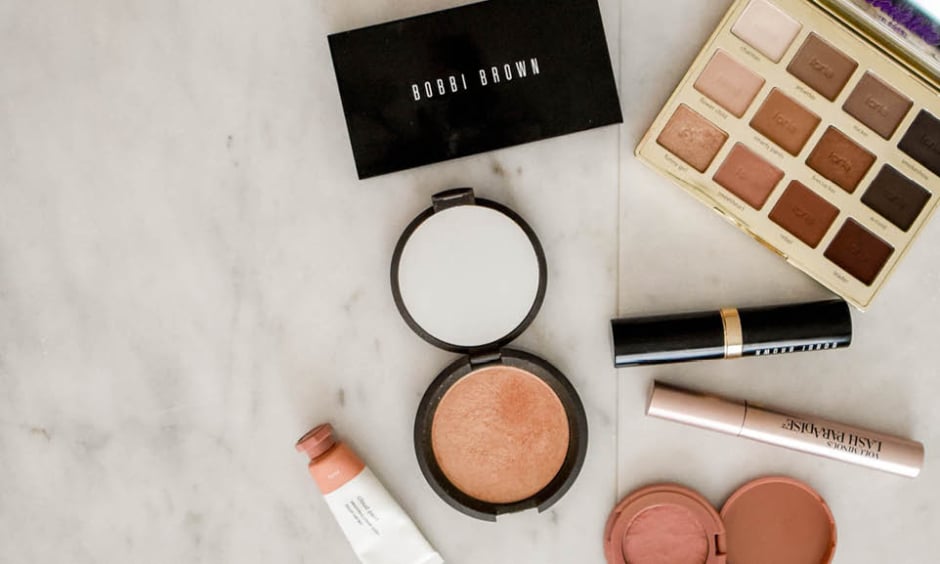Makeup sponges are the beauty product which retain the greatest amount of bacteria, higher than that found in other cosmetics such as expired products and accessories which are not regularly cleaned. A new study showed that Staphylococcus aureus and Escherichia coli can be found in makeup sponges.
Authors Dr Amreen Bashir and Prof Peter Lambert, from the School of Life and Health Sciences at Aston University in Birmingham, UK, supported evidence with this study that make up products and applicators conceal dangerous bacteria. Of the 467 beauty products donated by UK make-up users and analysed for their bacterial content, 70–90% of the products were contaminated with bacteria. S. aureus, E. coli, and Citrobacter freundii were the main bacteria identified. Beauty blenders were shown to have higher rates of contamination than any other product or applicator, and were also shown to contain the most amount of fungi, at 56.96%. Lipglosses were shown to be highly contaminated, while lipsticks had the least contamination.
Based on evidence supplied by those who donated the make-up, only 6.4% of the beauty products had been cleaned at all, and none of the donated mascaras had ever been cleaned. Authors highlighted that 27.3% of the products are applied by the users in the bathroom which can lead to contamination with faecal matter. Furthermore, users had dropped 28.7% of the products on the floor, leading to increased contamination. Of the beauty blender samples, people had handled or stored 35.6% of them in bathrooms and dropped as many as 64.4% of them on the floor.
Dr Bashir warned of the troubles associated with the behaviour and the risk of contamination with dangerous bacteria: “More needs to be done to help educate consumers and the makeup industry as a whole about the need to wash beauty blenders regularly and dry them thoroughly, as well as the risks of using makeup beyond its expiry date.”







